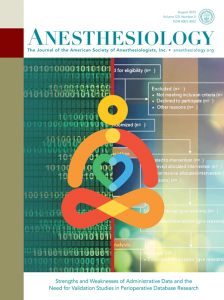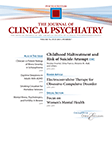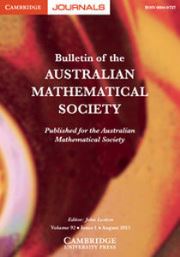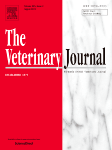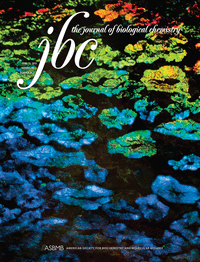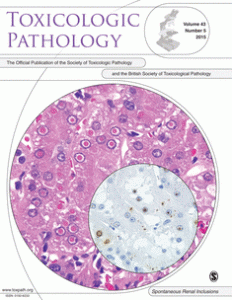
Have you ever wondered what could happen if you’re accused of misconduct and face official proceedings? We are pleased to present a guest post from Callan Stein, a lawyer who represents U.S. researchers in misconduct cases, who describes some nuances many may not realize about these situations.
Most researchers know that being accused of research misconduct is a very serious matter. When research misconduct allegations are made, institutions embark upon lengthy, multi-staged inquiry and investigation processes as required by federal law. The federal government’s Office of Research Integrity (“ORI”) – part of the Department of Health and Human Services (HHS) – oversees those institutional findings and imposes potentially career-threatening punishments on those found guilty. While researchers generally understand the basics of how a research misconduct case unfolds, many are unaware of the nuances that bear greatly on the outcome. What follows are brief descriptions of eight such nuances of which every researcher should be aware.
- While “honest error” exempts researchers from misconduct, it is very hard to prove.
Continue reading 8 things you might not know about research misconduct proceedings: Guest post
